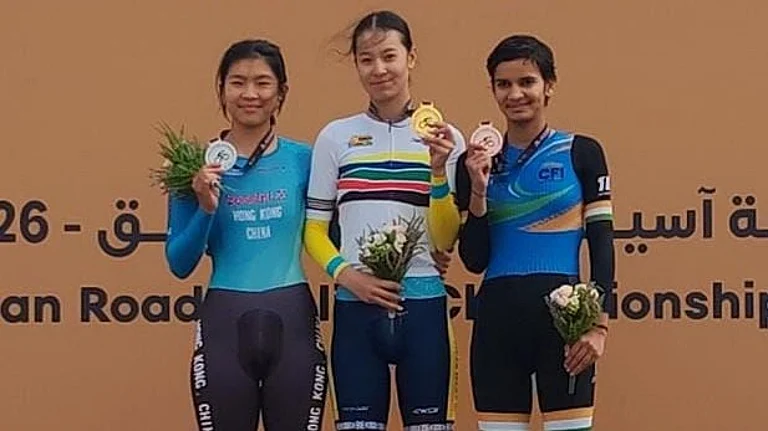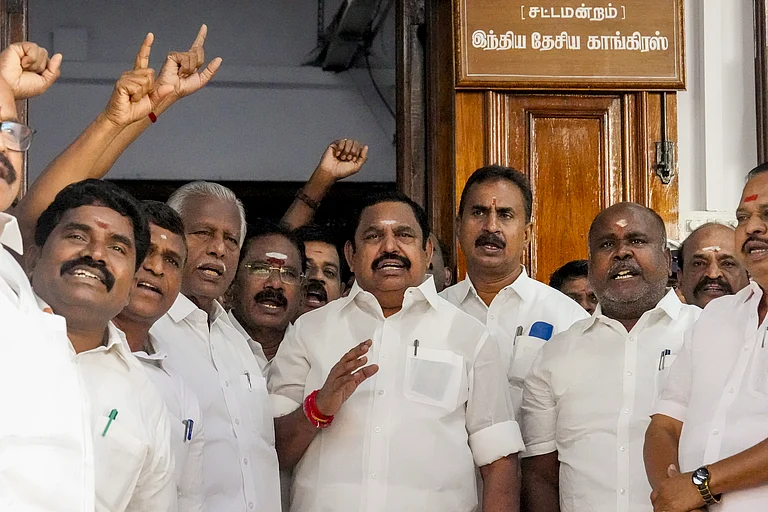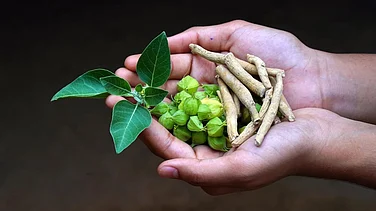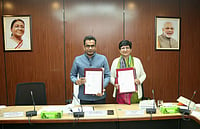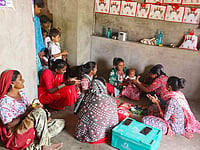Amid growing concern over India’s low rate of deceased organ donation, the Government has urged States and Union Territories to step up efforts to promote organ and tissue donation from victims of road accidents.
In an advisory issued to States, the National Organ and Tissue Transplant Organisation (NOTTO), under the Union Health Ministry, has called for comprehensive state- and district-level training programmes for first responders — including police personnel, ambulance drivers, emergency medical technicians (EMTs), and paramedical staff — to enable timely identification and referral of potential organ donors.
India currently records fewer than one deceased organ donor per million population, even as thousands of patients remain on transplant waiting lists. This gap is not due to unwillingness but largely stems from lack of awareness and deep-rooted myths and misconceptions surrounding organ donation
According to the Ministry of Road Transport and Highways’ Road Accidents in India 2023 report, nearly 1.7 lakh people were killed in road accidents last year — many of them young and otherwise healthy — representing a major untapped source of potential organ donors.
“Many of these potential donors are lost due to the lack of timely identification and referral,” wrote Dr. Anil Kumar, Director of NOTTO, in a letter to State Health Departments. While every effort must first be made to save lives, he added, organ donation should be considered in cases of brain stem death as per the Transplantation of Human Organs and Tissues Act, 1994.
The advisory recommends training modules for first responders through Regional and State Organ and Tissue Transplant Organisations (ROTTOs/SOTTOs), in coordination with State authorities. The training will include basic knowledge on organ donation, identification and maintenance of potential donors, counselling family members, and standard operating procedures for referrals.
To improve response coordination, the Centre has directed that mechanisms be established for information flow between first responders and transplant coordinators in nearby trauma centres or medical colleges.
All State-run and private ambulance services — including 108 and 102 services — have been asked to ensure participation of their personnel in the training sessions. The Centre has also proposed that trauma centres be upgraded and registered as organ retrieval facilities to facilitate timely harvesting and preservation of organs.
In a separate communication, NOTTO has urged States to also promote tissue and bone donation, pointing to a widening gap between demand and availability. India requires nearly one lakh corneas annually, yet only a third of this demand is met. Bone donation, it added, is vital for patients suffering from trauma, congenital defects, and complex bone disorders.
Tissues such as corneas, skin, bones, and heart valves can be retrieved within six to ten hours of death, even in cases of brain stem or cardiac death. The Centre has asked hospitals to establish organ and tissue donation teams, involving members of the brain stem death committee and transplant coordinators, and to ensure mandatory notification of all in-hospital deaths for donor counselling.
Even if families decline organ donation, the option of tissue donation must be offered, the advisory emphasised. Hospitals have also been directed to strengthen linkages with registered tissue banks for retrieval, processing, and storage.
“Besides organ donation, by promoting tissue and bone donation, we can significantly transform and improve the quality of life for many patients,” the letter stated.
To make organ transplantation more accessible, the Government is providing financial support of up to Rs 15 lakh is provided to poor patients for transplantation of kidneys, liver, heart, and lungs under the Rashtriya Arogya Nidhi. Additionally, patients receive up to Rs 10,000 per month after transplantation to help cover post-operative medical expenses, said an official from the Ministry.
The kidney transplant package has also been included under the Ayushman Bharat Pradhan Mantri Jan Arogya Yojana (AB PM-JAY) to ensure broader financial protection for beneficiaries.
Unhealthy lifestyles and dietary habits remain among the key factors leading to organ failure. Preventive measures and lifestyle interventions, including the adoption of Yoga and Ayurveda-based practices, can play an important role in maintaining organ health and overall wellbeing, said the official.








